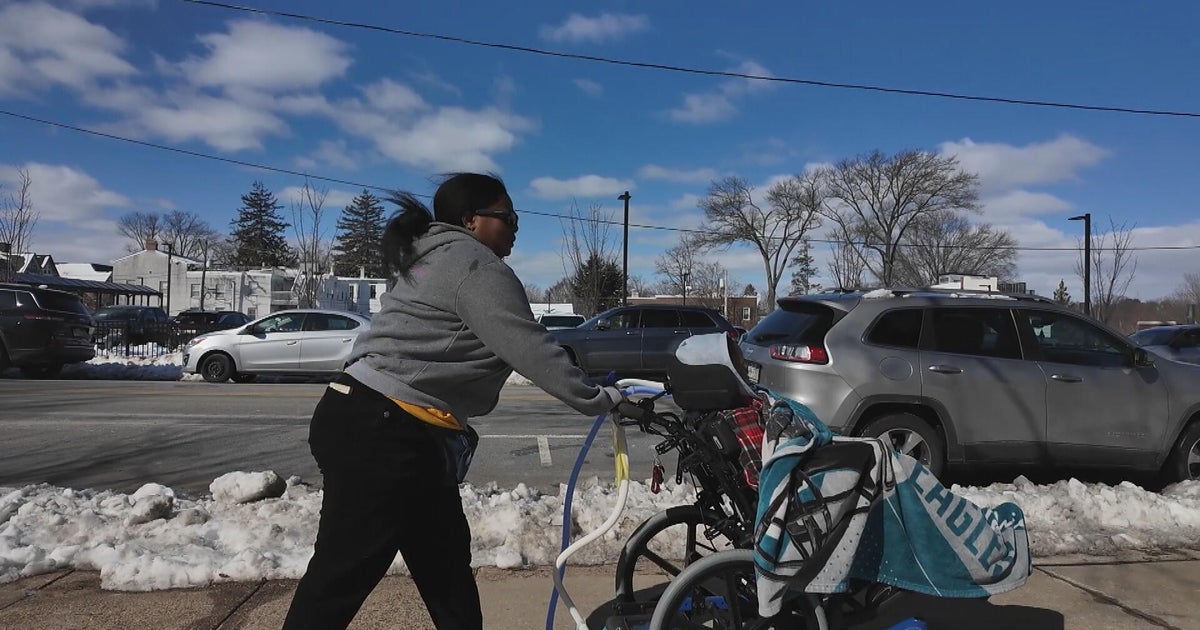Legislative Battle Brewing Over Drug Sentencing Reductions
ST. PAUL, Minn. (AP) — A legislative tug-of-war is forming over forthcoming reductions to prison sentences for some major drug offenders, as a top Senate Democrat announced plans Wednesday to expand the changes that some Republicans have vowed to block.
Minnesota's Sentencing Guidelines Commission slashed proposed sentences in November for most first- and second-degree drug possession convictions in an effort to move more in line with the rest of the nation and ease prison overcrowding. The changes take effect in August unless the Legislature vetoes them, which could give lawmakers a way to free up prison beds without a vote that could seem soft on crime in an election year.
But while county prosecutors have balked and some Republicans have opposed the changes, Democratic Sen. Ron Latz introduced a proposal Wednesday that would retroactively apply the lighter sentences to current inmates — not just new offenders. That sets the stage for the commission's action to proceed unchanged, since both the Republican-controlled House and Democratic-majority Senate would need to reject the reductions to undo them.
"That might well be the outcome," Latz, chairman of the Senate's Judiciary Committee, said even as he pushed for the broader legislation. "As far as I'm concerned, if that were to happen, it would still be a big step forward."
The debate is intertwined with discussions on how to ease overcrowding in Minnesota prisons that's also spurred talk of expanding facilities and reopening a privately run prison in Appleton. By cutting first-degree possession sentences nearly in half and converting second-degree offenders' current four-year sentence into probation, the reductions could move more than 500 inmates out of state facilities in the next decade.
But Minnesota's county attorneys, the primary prosecutors in drug cases, have called the reductions misguided, arguing that they give lighter treatment to some of the worst dealers of heroin, methamphetamines and cocaine. They found an ally in Republican Rep. Tony Cornish and House Speaker Kurt Daudt, who indicated last week that the House would veto the lesser sentences. Even Democratic Gov. Mark Dayton has expressed unease.
"We shouldn't accept them," Cornish said Wednesday. "There are a number of people that are upset about the Sentencing Guidelines Commission, that it went too far."
Latz said he won't let the Legislature scrap the new sentences without subbing in other substantive reductions and changes to drug laws. But in just a 10-week session that begins next week, he acknowledged that tackling such a politically tricky issue would be a hard task, echoing Senate Majority Leader Tom Bakk.
"It is really tough politics because it writes really tough literature on the campaign trail," Bakk said last week.
(© Copyright 2016 The Associated Press. All Rights Reserved. This material may not be published, broadcast, rewritten or redistributed.)







